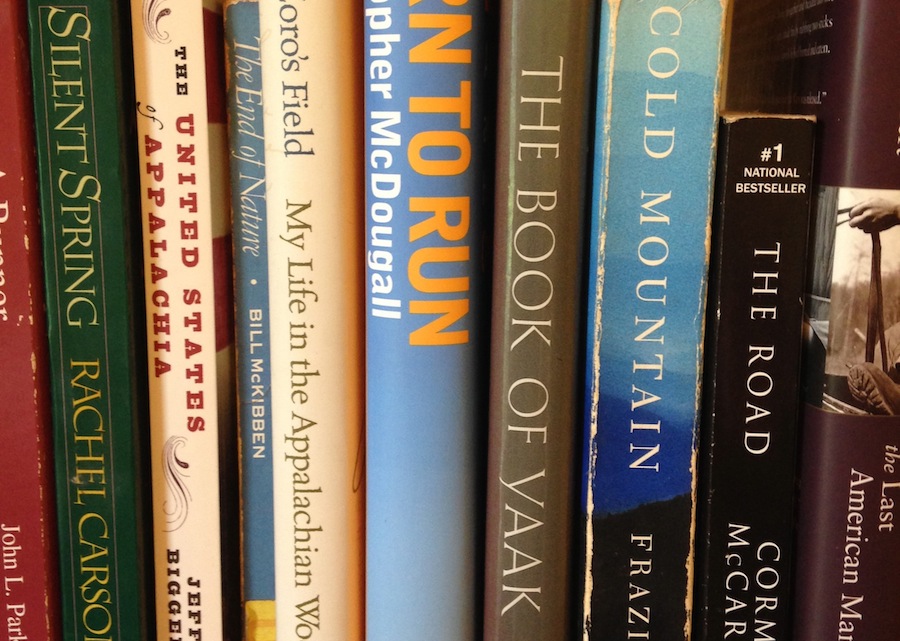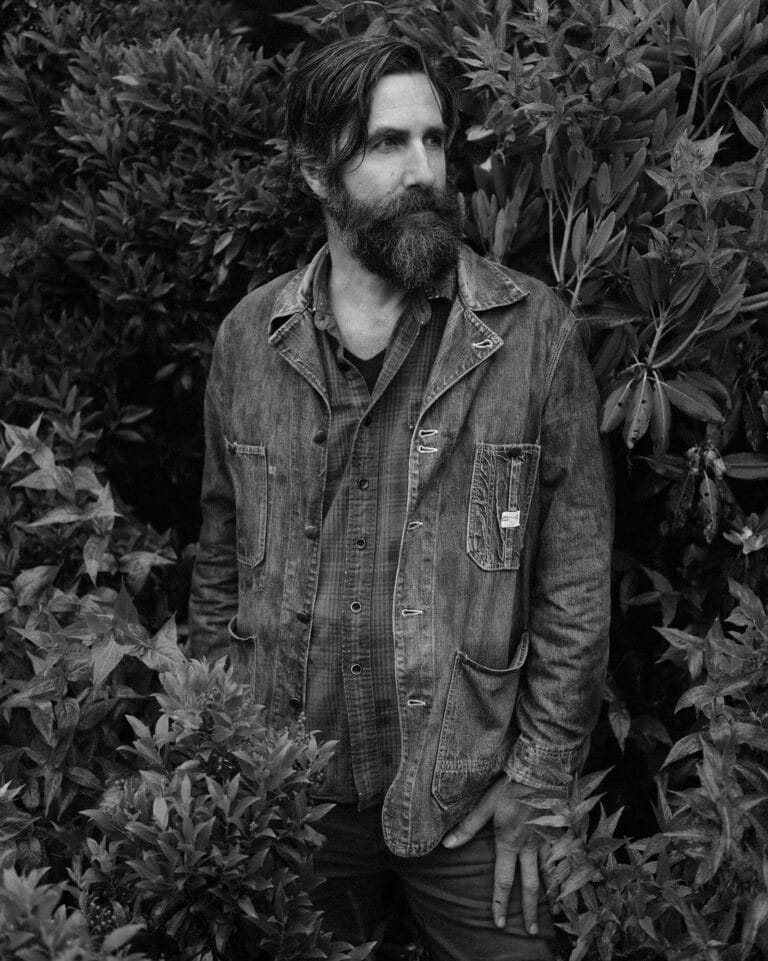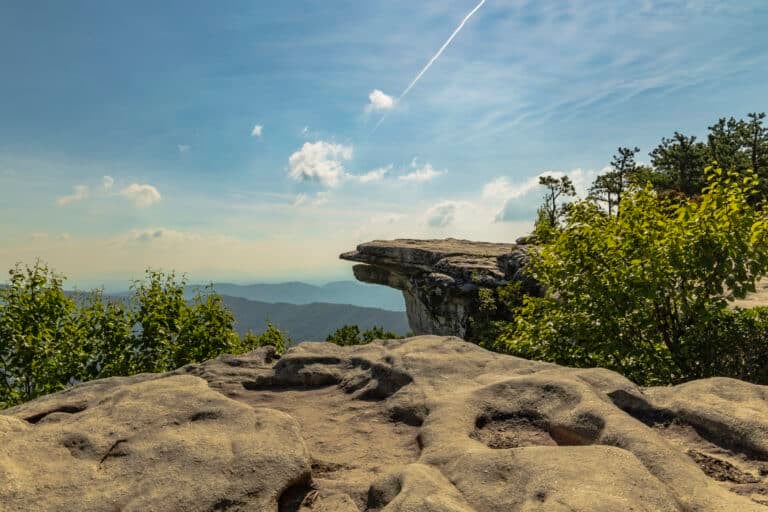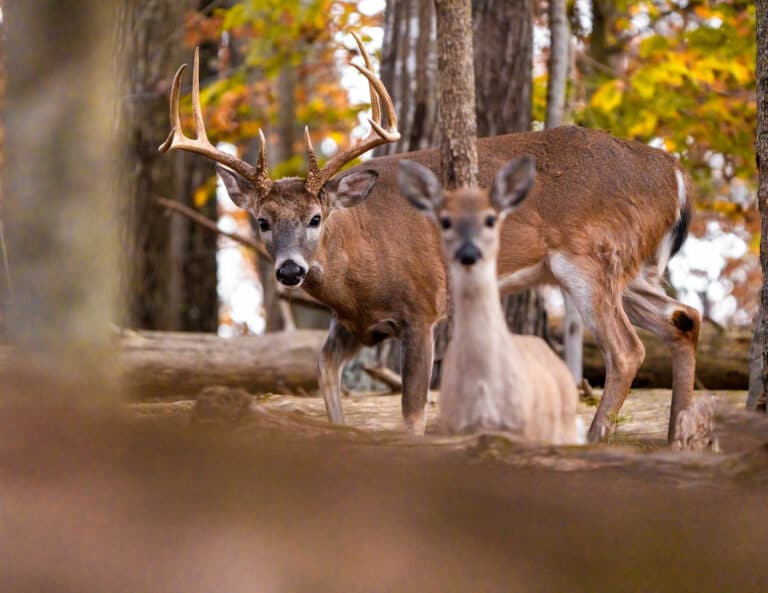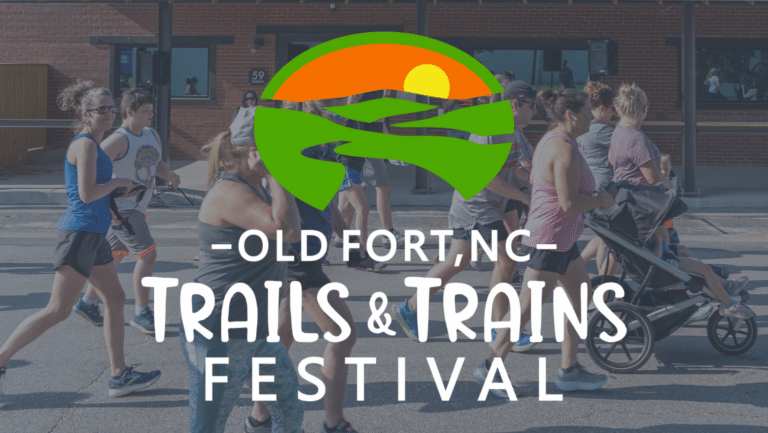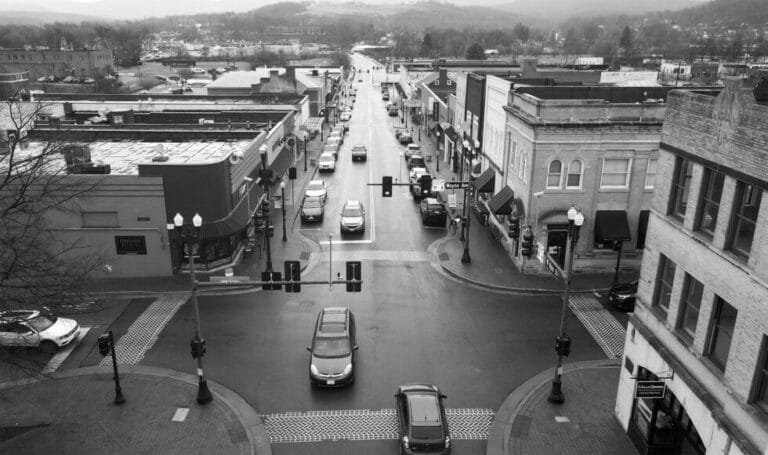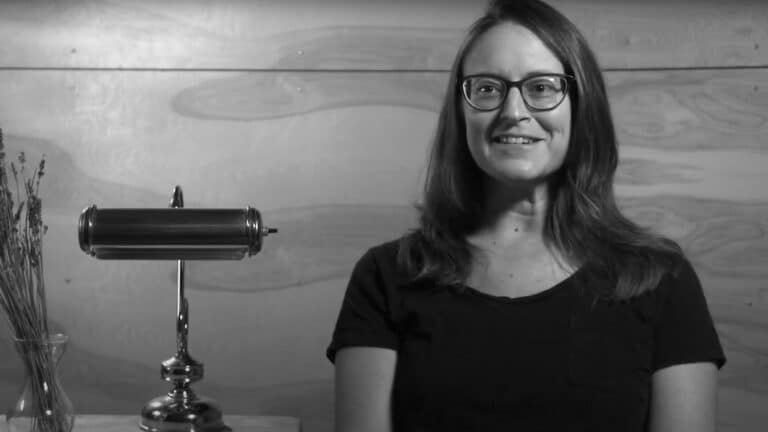The best outdoor writing, I believe, is about people. Nature writing can be pretty, and environmental books can be convincing, but I ultimately crave the raw emotion of fellow human beings struggling to find and protect their place in the world.
People are both the problem and the solution. Good outdoor writing reconnects people to nature—not through lectures, but through living, flesh-and-blood examples of courage and commitment. We feel the landscape through them.
Here are a few of my favorite classic outdoor voices and books that should be on every environmentalist’s must-read list. Instead of preachy diatribes or flowery descriptions, they inspire me with gritty, gutsy characters—some legendary, some overlooked—who stand their ground and speak for the wild.
The Last American Man by Elizabeth Gilbert
A 21st century pioneer living nearly self-sufficiently on a wild reserve in Appalachia, Eustace Conway embodies the ideals of American masculinity—ruggedness, courage, and independence. However, those hard-fought ideals have a price. Gilbert shows us the tired, lonely man behind the bravado. A tough, buckskin-clad maverick hunts for the one thing missing from his mountain refuge: love.
Into the Wild by Jon Krakauer
Chris McCandless is either a stupid kid or self-reliant hero. He gives away all of his savings and wanders the wild, seeking adventure and an authentic relationship with the land—until he finds himself starving to death alone in the Alaskan wilderness. Barely able to lift a pen, he scribbles this final message, which continues to haunt and shape my own life: “Happiness only real when shared.”
Encounters with the Archdruid by John McPhee
McPhee masterfully captures the nuances of one of the most influential modern environmentalists, David Brower. But don’t expect classic confrontations with battle lines clearly drawn; both McPhee and Brower are far more kaleidoscopic.
Zoro’s Field by Thomas Rain Crowe
Living alone and off-grid in an Appalachian cabin for four years (twice as long as Thoreau) and growing nearly all of his own food, Crowe’s memoir is a modern-day Walden, filled with wisdom gleaned only through a consciously simple, self-reliant life in the wild.
Ecology of a Cracker Childhood by Janisse Ray
Ray’s hardscrabble upbringing in a south Georgia junkyard is an unlikely start for an environmental luminary, but the rusted scrap heaps of her childhood are chock full of raw, resourceful characters—including an authoritarian father who locks his family in a closet and a snuff-dipping coon hunter who introduces her to the wild woods.
The Lost Grizzlies by Rick Bass
Grizzly bears had not been seen for 15 years in southern Colorado until a small group sets out to find them. Bass seeks more than bears, though; he is tracking wildness and the longings of the human heart, which only are revealed in the presence of something larger.
Desert Solitaire by Edward Abbey
It’s definitely the most sermonizing selection of the bunch, but Abbey’s coarse, thunderous voice crying out for the wilderness still echoes across the desert he called home. Amid his nerve-tingling adventures as a park ranger, the monkey-wrenching anarchist unleashes forceful, full-blooded pleas for the last scraps of wildlands.
